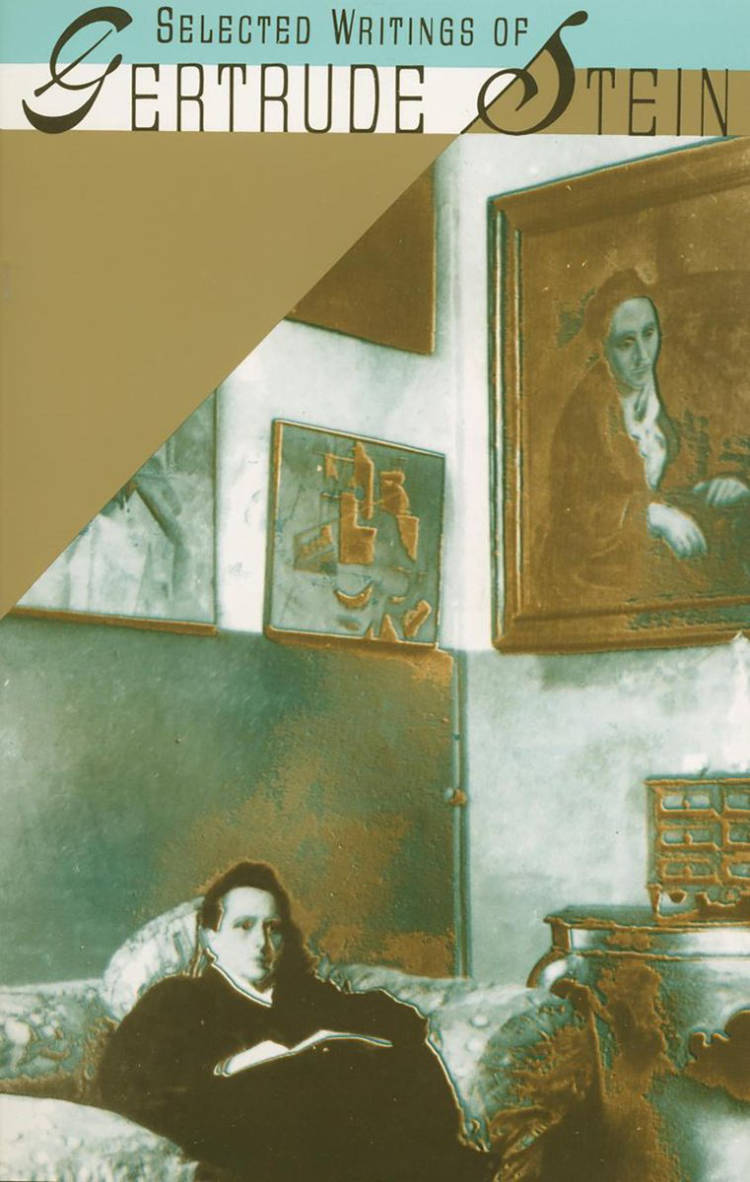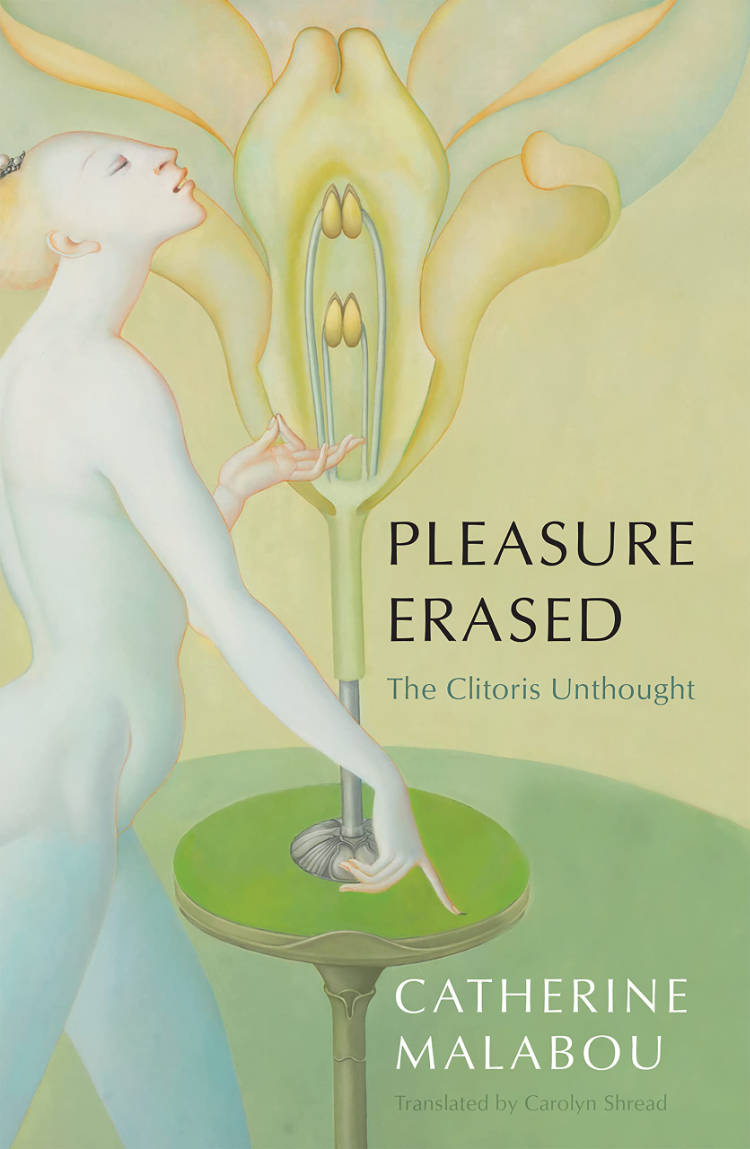This publication of “Autoportrait,” translated into French for the first time, is accompanied by a foreword, and a critical and biographical structure by art historian Giovanni Zapperi, showing the singularity of Carla Lonzi's project. Made up of a series of recorded interviews, subsequently transcribed and recomposed to give birth to a particular textual montage, “Autoportrait” is an experimental attempt to reinvent art criticism thanks to a fragmentary discourse and an iconography in which reproductions of works mix with intimate images. An invaluable document on Italian art in the 1960s, “Autoportrait” is a polyphonic book, “a kind of maieutic banquet” to which Carla Lonzi invites us in order to rethink the production of discourse on art and artists.
Interviews with Carla Accardi, Getulio Alviani, Enrico Castellani, Pietro Consagra, Luciano Fabro, Lucio Fontana, Jannis Kounellis, Mario Nigro, Guilio Paolini, Pino Pascali, Mimmo Rotella, Salvatore Scarpita, Guilio Turcato, Cy Twombly...
Under the direction of Patricia Falguières, the “Lectures Maison Rouge” series has as its ambition to propose artist's texts which interrogate at the same time museology, exhibition making, and the work of certain artists themselves.
The life and work of Carla Lonzi (1931–1982) is inseparable from the cultural, political, and social history of Italy in the decades following the Second World War; she occupies a singular position, which today merits reevaluation. A reputed art critic of the 1960s artistic scene, both friend and collaborator of such figures as Carla Accardi, Luciano Fabro, Giulio Paolini, and Jannis Kounellis, she wrote “Autoportrait” in 1969, a “love letter” to the artists and to creation, but also a farewell chorus to art criticism and the art world. The following year she founded Rivolta Femminile, an active feminist collective, thus becoming the central figure of Italian feminism.







